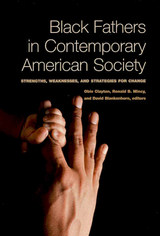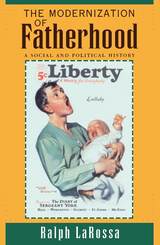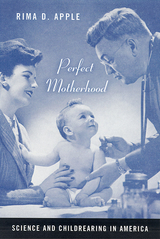Cloth: 978-0-674-40940-8
Library of Congress Classification HQ756.S547 1993
Dewey Decimal Classification 306.8742
Even in this age of working mothers, the role of fathering is often overlooked. This book illuminates the realities of fathering by presenting the results of a unique empirical study conducted over four decades and covering four generations of fathers and children. Through case studies and data analysis, John Snarey demonstrates that men's care for their families reaps immense and long-lasting benefits—for themselves, for their offspring, and for future generations.
In striking contrast to research that considers fathers to be obscure or peripheral figures, Snarey reveals their position as central caregivers and characterizes their most effective nurturing behaviors. He examines fathers' involvement in three vital realms of their children's development: social-emotional, intellectual-academic, and physical-athletic. Looking specifically at fathers' relationships with their oldest children during the first two decades of their lives, Snarey addresses issues of fathering in both childhood and adolescence. He presents portraits of individual father-son and father-daughter relationships, and measures and defines the ways in which “good” fathers are constructively engaged in and supportive of children's growth. Snarey also focuses on the fathers themselves. Moving back in time, he explores how men's boyhood experiences with their own fathers affect their subsequent parenting styles. Then, cycling forward, he observes how various fathering experiences affect men at mid-life, in their marriages, and throughout their careers. His study also considers how the threat of infertility impacts fathers' generativity—their ability to care for the next generation.
Within the current wave of scholarly interest in fathering, this is the first comprehensive longitudinal study of the topic. It is firmly grounded in Erik H. Erikson's model of psychosocial generativity, and adds a significant dimension to Erikson's theory by successfully applying it to empirical research. Snarey makes a major contribution to male, child, family, and developmental psychology, and addresses issues of ongoing concern in the fields of sociology and education. How Fathers Care for the Next Generation offers hope that men can, indeed, rework their past and provide better fathering than they themselves received.
See other books on: Father and child | Fathers | Longitudinal studies | Next Generation | Vaillant, George E.
See other titles from Harvard University Press


























